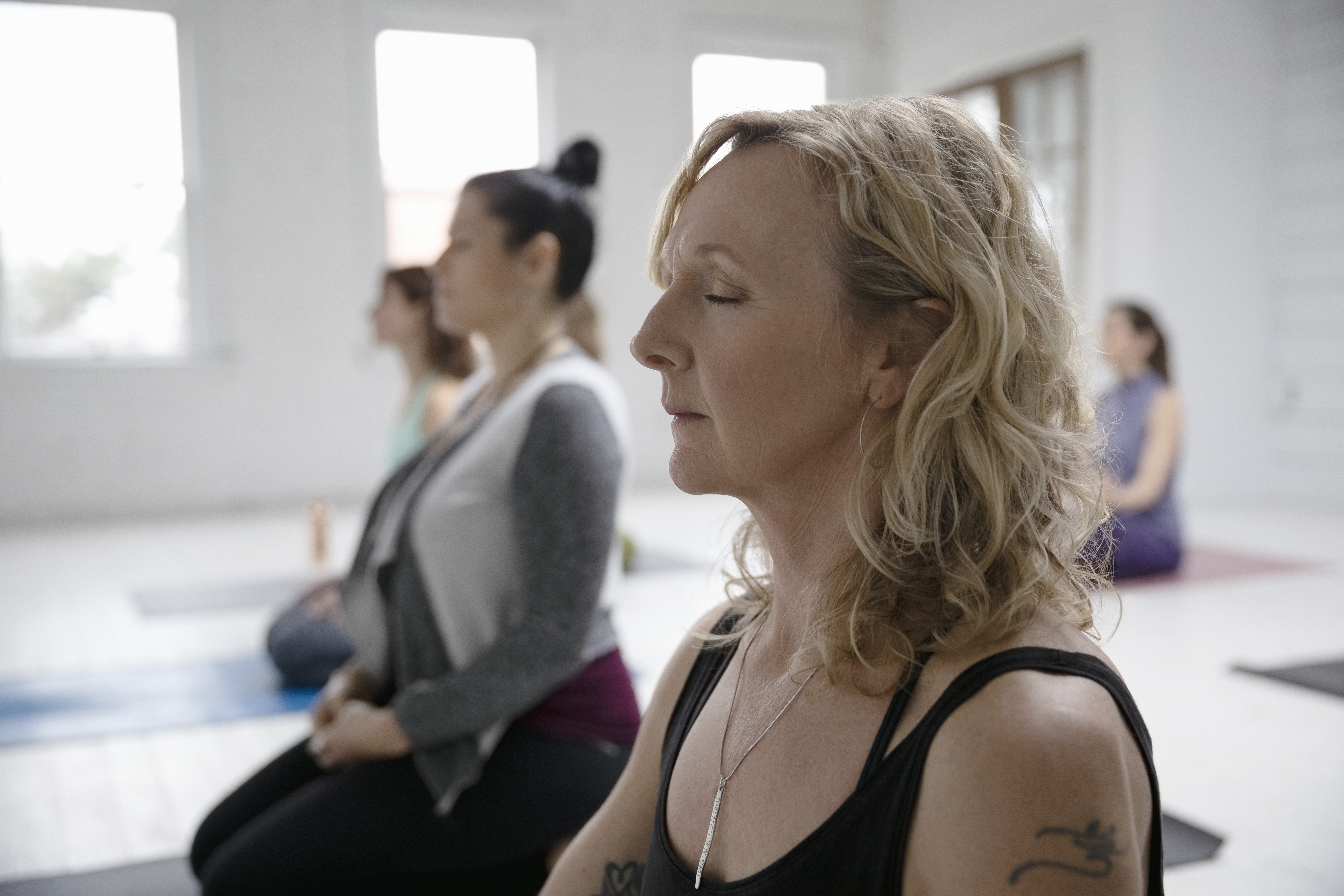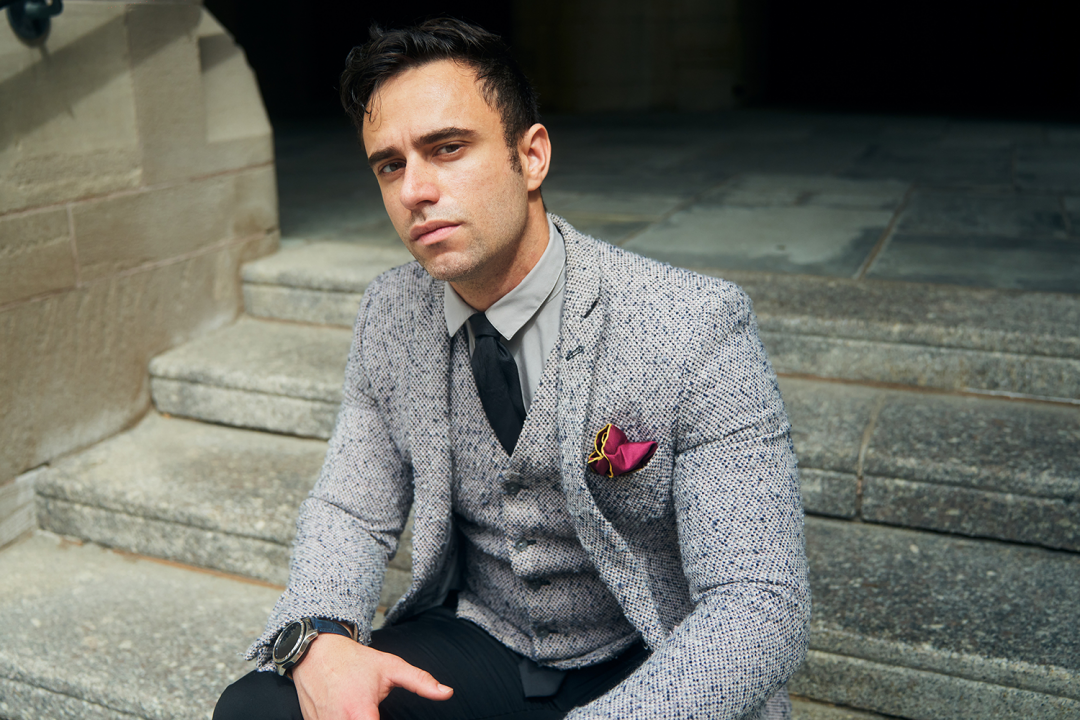Yoga practice that emphasizes mental relaxation and breathing techniques can have as much of a beneficial impact on high blood pressure as aerobic exercise, according to research by a postdoctoral fellow in the Department of Kinesiology.
The study on the antihypertensive properties of yoga by Yin Wu, published in the March issue of the Mayo Clinic Proceedings, involved a meta-regression analysis of 49 yoga studies done between 1983 and 2018 that examined specific characteristics of the participants, individual studies, and yoga techniques. Results indicated that yoga practice emphasizing mental relaxation and breathing techniques, along with physical movement, provides the largest reductions in blood pressure.
“We found that among individuals with hypertension, yoga practice that emphasized both mental relaxation and breathing techniques can result in blood pressure reductions as large as 11/6 mmHg, which is equal to or exceeds those reported for aerobic exercise training,” says Wu. “Where yoga practices did not emphasize breathing techniques and mental relaxation, blood pressure reductions were found to be 6/3 mmHg.”
We are not telling people to use yoga to substitute for aerobic exercise. … [But it] provides an additional option that can be just as effective. — “Yin
The study highlights the potential for yoga as an alternative antihypertensive therapy, particularly for those unable or unwilling to perform aerobic exercise.
“We are not telling people to use yoga to substitute for aerobic exercise,” Wu says. “Aerobic exercise is the gold standard for antihypertensive lifestyle therapy. But yoga provides an additional option that can be just as effective.”
While yoga shows promise in assisting with blood pressure control, Wu is quick to point out the need for additional research, including well-controlled randomized trials directly comparing blood pressure response to yoga and aerobic exercise, currently the primary recommended type of exercise for adults with hypertension.
Wu is working with Linda Pescatello, Board of Trustees Distinguished Professor of Kinesiology, and associate professor Beth Taylor in the Health Fitness Research Laboratory, part of the kinesiology department’s Human Performance Laboratory.
For the yoga study, Wu assembled a diverse team that included Pescatello; Blair Johnson, Rebecca Acabchuk, and Crystal Park from the Department of Psychological Sciences; Jill Livingston, UConn librarian; and two UConn kinesiology graduates, both currently graduate students at other schools: Holly Lewis, University of Pittsburgh, and Shiqi Chen, University of Michigan.
His Ph.D. dissertation involved a study of different types of tai chi as a lifestyle therapeutic intervention to improve blood pressure and balance in older adults.



